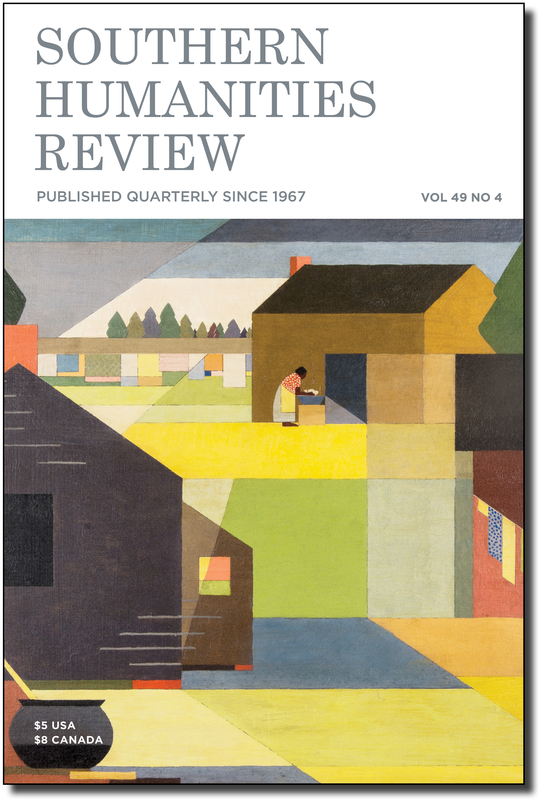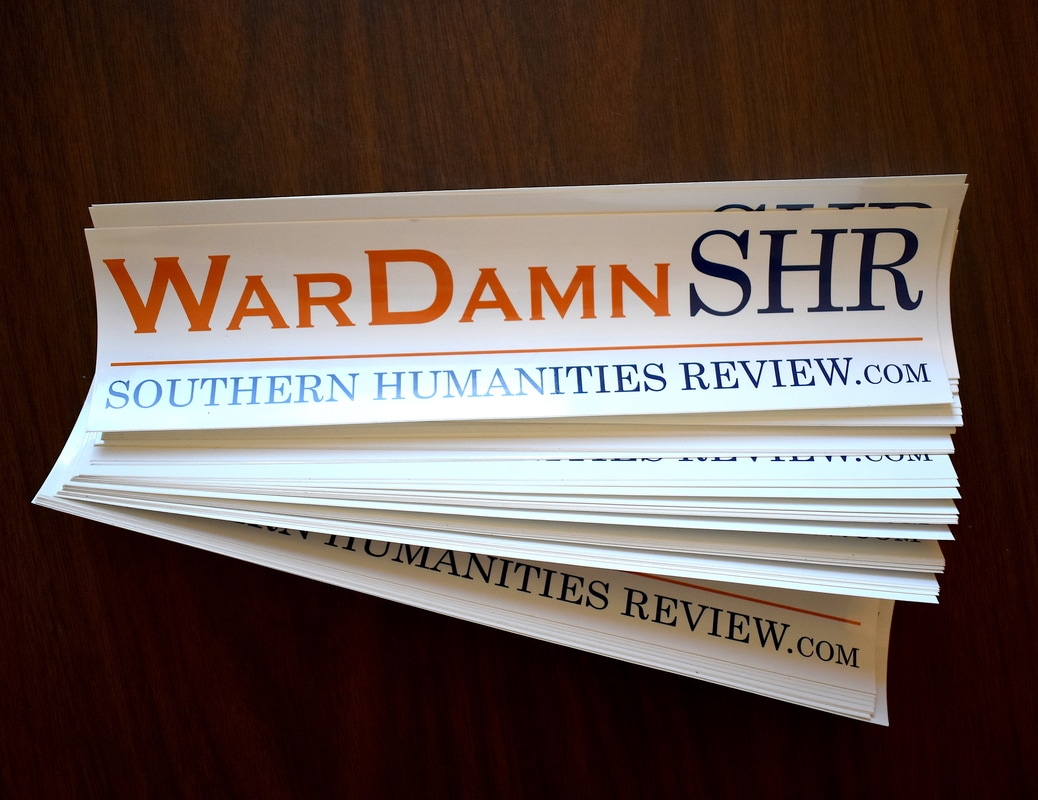|
Vertical Divider
Haley Center: Southern Humanities Review’s home at Auburn University since the journal’s inception in 1967.
|
SMITH’S WORK APPEARED
|
CURRENT ISSUE
|
CONTACT
|
DEPARTMENT OF ENGLISH
|




